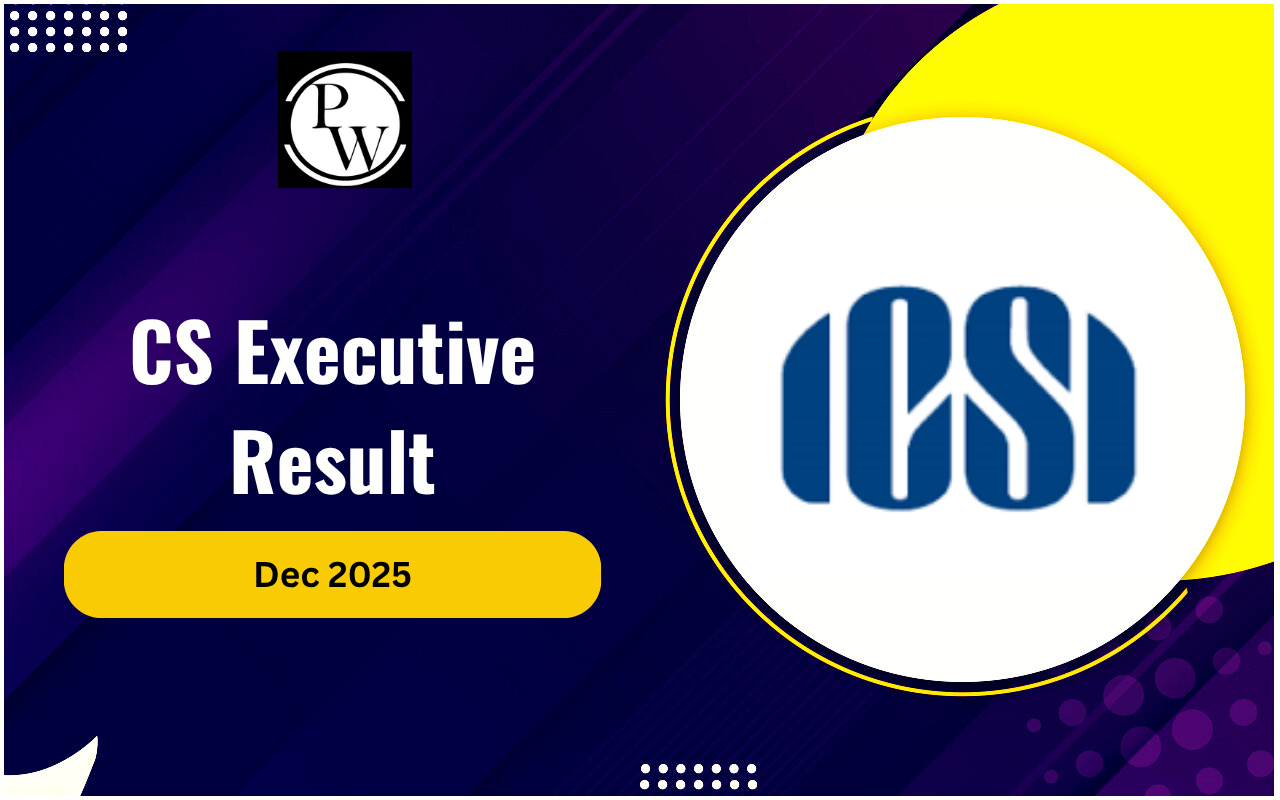
Completing the CS Executive exam is a significant milestone in the journey to becoming a successful Company Secretary. Once this stage is cleared, students have multiple career directions to consider. These options include beginning the mandatory training phase, pursuing higher education, gaining practical experience, or exploring other professional avenues. This article offers an in-depth look at the available choices after CS Executive and the importance of the training program in shaping a successful professional journey.
Why CS Training Matters After CS Executive
The Institute of Company Secretaries of India (ICSI) has structured the CS course to blend academic excellence with practical application. After passing the CS Executive program, students are required to undergo a training phase that includes:
Executive Development Programme (EDP): A 30-day program combining classroom and online modules, designed to equip students with foundational soft skills and professional readiness.
21 Months Practical Training: This hands-on training in a recognized company or under a practicing CS helps build real-world experience in corporate compliance, governance, and legal documentation.
Corporate Leadership Development Programme (CLDP): Conducted after the Professional Program and training period, this program ranges from 30 to 60 days and focuses on preparing students for leadership roles.
This structured training aims to enhance the readiness of students to take on professional responsibilities with confidence and competence.
Options After CS Executive Apart From Training
After completing the CS Executive program, you have several paths to choose from:Membership: You can apply to become an Associate Member of the Institute of Company Secretaries of India (ICSI) to earn the ACS (Associate Company Secretary) title, which officially recognizes your professional status.
Practical Experience: Gain practical experience in different industries like finance, law, or corporate governance to improve your skills and knowledge.
Higher Education: Continue your studies to broaden your knowledge and improve your career options. You can choose from CS Professional, MBA, LLB, CA, or CMA programs.
Specializations: Consider focusing on specific areas to gain expertise and job market value, such as corporate law, taxation, financial management, or secretarial practice.
Career Opportunities: Explore different career roles your qualifications can lead to, such as company secretary, compliance officer, legal advisor, corporate governance professional, or risk management specialist.
Entrepreneurship: If you have an entrepreneurial spirit, consider starting your own practice or consulting firm, providing services to businesses and individuals.
Research and Academia: If you are interested in teaching or research, you can pursue academic opportunities or conduct research in fields related to company secretaries.
Professional Certifications: Enhance your qualifications with extra certifications, such as Certified Corporate Governance Professional (CCGP) or Certified Compliance Professional (CCP).
Networking: Engage with professional networks and associations to build connections, share knowledge, and stay updated on industry trends and developments.
Skill Development: Continuously update and enhance your skills and knowledge through courses, workshops, and seminars to remain competitive and relevant in the industry.
CS Executive Training Program Eligibility
According to the ICSI rules, students must complete 21 months of practical training. This training period can only begin after the student has completed a mandatory one-month Executive Development Programme (EDP). After passing the CS Executive examination, students must complete a one-month EDP before beginning their 21 months of practical training. This initial program ensures they acquire the essential foundational skills and knowledge to maximize their practical training experience.Learning During CS Executive Training
The training period is designed to expose students to the practical challenges and day-to-day responsibilities of a Company Secretary. Key learnings include:
Drafting Legal Documents: Understanding and preparing resolutions, notices, agreements, and responses to statutory authorities.
Financial and Taxation Insights: Collaborating with finance teams to prepare documents, offering a practical understanding of taxation and financial reporting.
Professional Communication: Developing communication skills necessary to interact with stakeholders, clients, and company boards.
Proactiveness and Adaptability: Training encourages a proactive approach and openness to exploring diverse responsibilities within corporate settings.
Working Hours and Leaves for CS Training
The details of working hours and the leaves during the CS training are given in the points below:- Training hours should be agreed upon by the trainee and trainer, typically between 8:00 am and 8:00 pm, with a minimum of 8 hours per day.
- Leaves for studying and taking exams are only for CS exams (all levels) and not for any other courses.
- Students who have passed the Executive Programme and are preparing for the Professional Programme exam are entitled to 52 days of leave, including 31 days for exams.
- A Company Secretary in Practice or a company hiring a trainee must pay a minimum monthly stipend of Rs. 5,000 or an amount the Council decides from time to time.
Project Report to Be Prepared While Training
Students must prepare a detailed Project Report based on their Practical Training experience. This report should be developed under the guidance and supervision of their trainer. The Project Report must reflect the practical knowledge and skills gained during training. Students must submit this comprehensive report to the Institute when they undertake the Corporate Leadership Development Programme (CLDP). The Project Report is a crucial component of their overall professional development, showcasing their ability to apply theoretical concepts in real-world scenarios and demonstrating their readiness to handle professional challenges.Corporate Leadership Development Program After the CS Professional
Finally, there is the Corporate Leadership Development Program. This program is done after passing the Professional Program and completing the practical training and one-month EDP.- The training lasts between 30-60 days.
- The Institute may change the duration before you apply for ACS membership.
- Students should remember that the articleship is an essential job. It is crucial for their learning and career.
- This is just the start of your professional journey. Make the most of this learning experience.
The CS Executive journey doesn't end with clearing the exam. It opens up a landscape of opportunities, from mandatory training to further education, skill enhancement, and diverse career paths. Whether you choose to continue with the professional program or venture into a different area, each step is crucial for long-term success.
With evolving regulatory frameworks and a heightened emphasis on governance, the role of Company Secretaries continues to grow in relevance. The training period is not just a formality but a cornerstone for building a strong, practical foundation in the corporate world.
Join PW CS Online Courses and build a strong foundation in corporate laws and governance with structured learning and dedicated support.
What to do After Passing the CS Executive Exam FAQs
How many leaves are allowed in 24 months of CS training?
What minimum stipend is offered to the interns involved in practical training?
What are the rules for CS Practical training?
How many transfers are allowed in CS Training?










